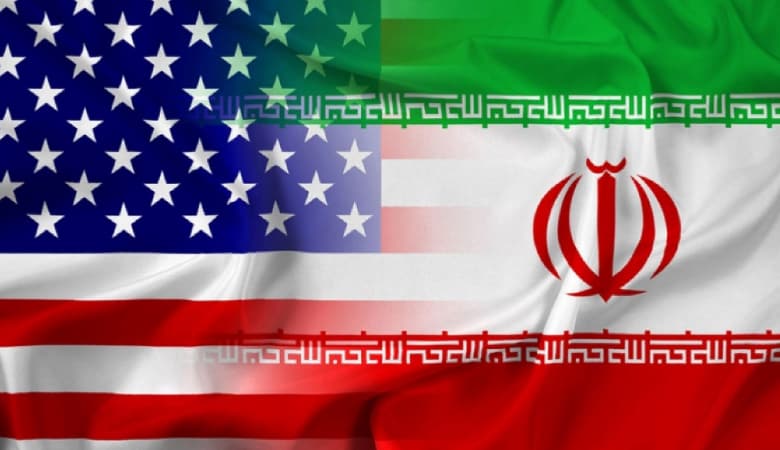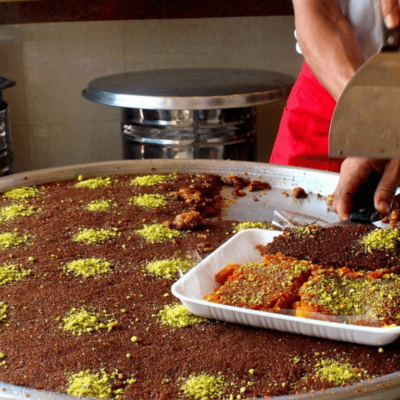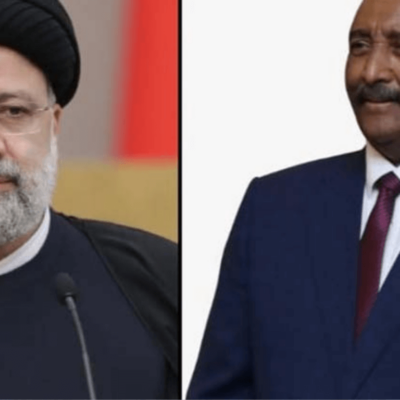JCPOA: Biden assures of compliance from its end until Tehran revokes

Tensions escalate between the US and Iran as Tehran fired a missile destroying US mock aircraft carrier in the Strait of Hormuz. The Iranian missile drill was so intense that US forces put its military base located in Qatar on high alert The attack alarm calls were first carried out by CNN which reported that, “intelligence indicators showed an Iranian missile possibly headed that way”.
The US Central Command, which watch over the region, confirmed the incident and condemned the attack as “irresponsible and reckless behaviour by Iran”, done with an intention “to intimidate and coerce”.
“At approximately 5.30am local time, Iran launched several ballistic missiles from Iran to the Southern Arabian Gulf,” spokeswoman Madeal citing violations from Tehran, and it was followed by stricter economic sanctions on Iran’s political leaders and entities.
JCPOA was founded under presidency of former US President Barack Obama in 2015 that required Iran to roll back on certain parts of its aggressive nuclear program in exchange for sanctions relief. The agreement was signed between Iran and P5+1, the five permanent members of UN Security Council China, France, UK, USA, Russia; and Germany.
The recent pledge by Biden indicates a more sincere effort by the US President to create a positive atmosphere before nations return to Vienna talks for negotiations around the JCPOA, something after much pressure Iran has assured would happen in November. This would be the seventh round of talks after series of talks saw an abrupt halt in June when new Iranian government led by President Ebrahim Raisi came to power.
Biden stressed that in case nuclear deal comes back on table, US would still take on Iran if it attacks Washington’s interests in countries like Syria. However, President Biden reiterated that US would opt for economic pressure rather than military action if Tehran refused to come back to table for discussing future of the deal. He said, “We came together to reiterate our shared belief that diplomacy is the best way to prevent Iran from getting a nuclear weapon and discussed how best to encourage Iran to resume serious good faith negotiations”.




